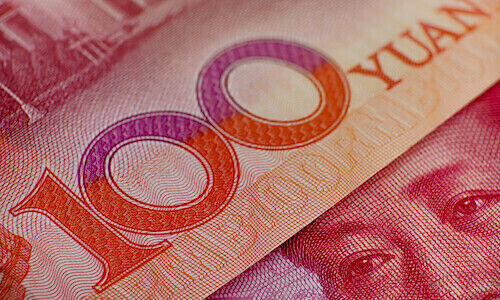China Makes First Foreign Reserve Ratio Hike in Over a Decade
Chinese authorities increased the required reserve ratio for the first time in 14 years in an effort to curb yuan appreciation.
China has upped the required reserve ratio (RRR) for foreign currency deposits from 5 percent to 7 percent, according to a statement from the People’s Bank of China (PBoC), effective from June 15.
This marks the first foreign exchange RRR hike since May 2007 after the yuan experienced appreciation following reforms in 2005.
Yuan Strength
The Chinese yuan has been significantly strengthening as of late, rising against the dollar to a three-year high to break the 6.40 USDCNY level last week.
And last Thursday, an ad-hoc meeting was organized by the PBoC and other government bodies with major FX market players.
The central bank issued a statement following the meeting that said the yuan exchange rate «can’t be used as a tool to stimulate exports via depreciation nor to offset impact of rising commodity prices via appreciation».
Market-Driven Yuan
On Monday, PBoC deputy governor Liu Guoqiang also stated that two-way fluctuation of the yuan will become the norm and that the exchange rate in the future will be dependent on market supply and demand alongside developments in the international market.
Despite the financial regulator’s commitment to a more non-interventionist future, Chinese authorities remain active in the market, especially with regards to assets with high price volatility.
Last month, the PBoC increased efforts to crack down on crypto trading and mining while more recently, China’s banking regulators told lenders to stop selling investment products linked to commodity futures to mom-and-pop buyers, according to a «Reuters» report, and unwind existing books for these products.






















